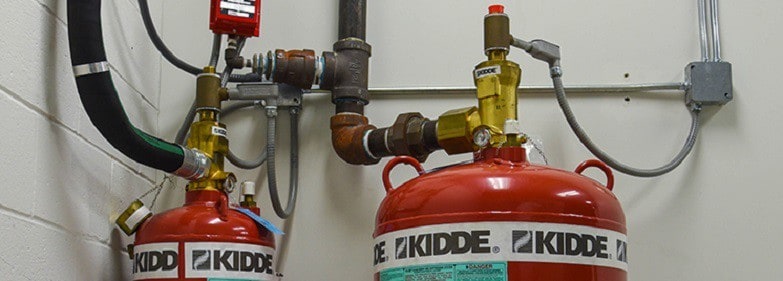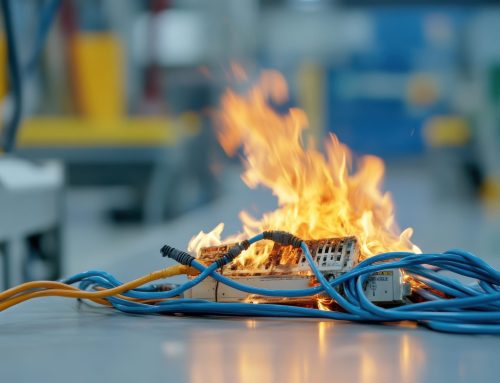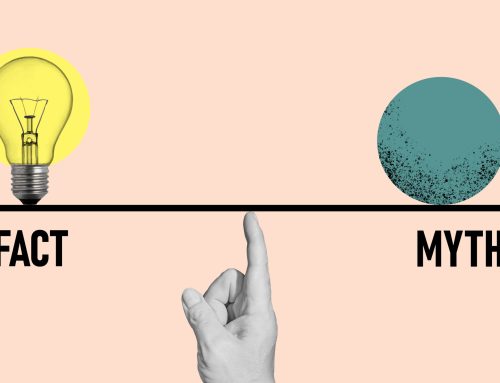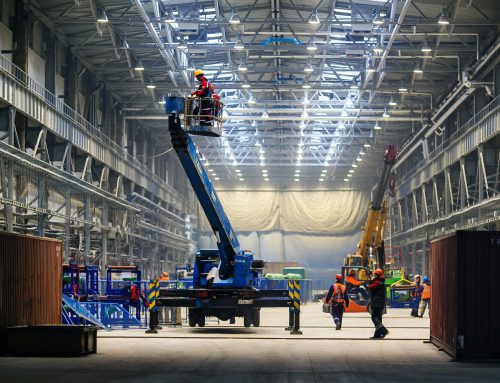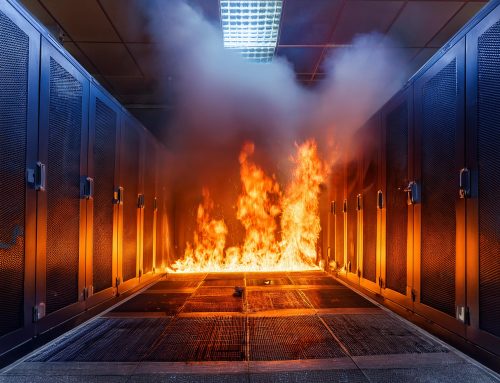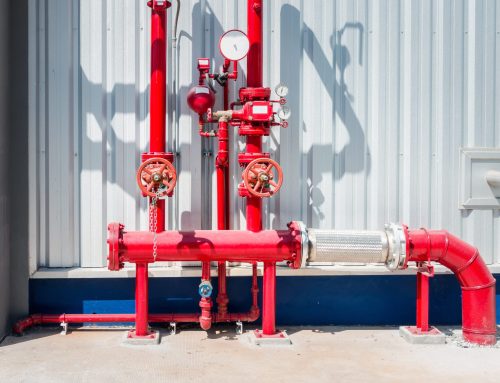Clean Agent System versus Preaction System
Both Clean Agent and Preaction Systems are designed to protect life and property in the event of a fire, but one might be preferable over the other when it comes to preserving the integrity of server rooms, hospital equipment, telephone rooms, electrical rooms, and equipment in manufacturing plants.
While the initial cost of a Clean Agent System may be higher, the benefits are huge and it can be a great investment in the long run.
Benefits of Clean Agent Systems
-
No clean up.
Clean Agents such as Novec 1230, FM-200, FE-13,CO2, and Argonite do not leave behind any residue after evaporating. They’re also non-ozone depleting and extinguish the fire by interrupting the chemical reaction and/or removing the heat from the fire triangle.
-
Will not harm your valuable equipment.
Clean agents protect sensitive equipment such as servers, hospital equipment, telephone rooms, electrical rooms, and equipment manufacturing plants better than preaction systems. The lack of water eliminates the threat of water damage.
-
Reduced down time
Clean agents will not leave behind any residue after use so there’s no clean up to worry about. That means that interruptions are minimal and it allows you to resume business as normal.
-
Insurance could be less expensive because there’s less risk
Insurance costs for any property depend on many factors including the risk of incidents occurring. When opting for a clean agent system, you’re not only making a long term investment, but also reducing the likelihood of making claims due to a fire. This could translate into insurance savings.
-
False Alarms in Preaction System could trigger water
A double interlock stops the release of water unless there is truly a fire in most new preaction systems. Nonetheless, there is always a possibility that the system may fail and accidentally release water. Contact between sensitive equipment and liquid could be catastrophic. Are you willing to leave that up to chance?
-
Always a possibility of leaks with Preaction Systems
While the likelihood of leaks in preaction systems is minimal, the possibility still exists since the system relies on water.
Ultimately, the choice is yours on whether you want to use a clean agent system or a preaction system. Visit our website to learn more about our fire protection system solutions or call us at 770-333-7979 to schedule a site visit.

